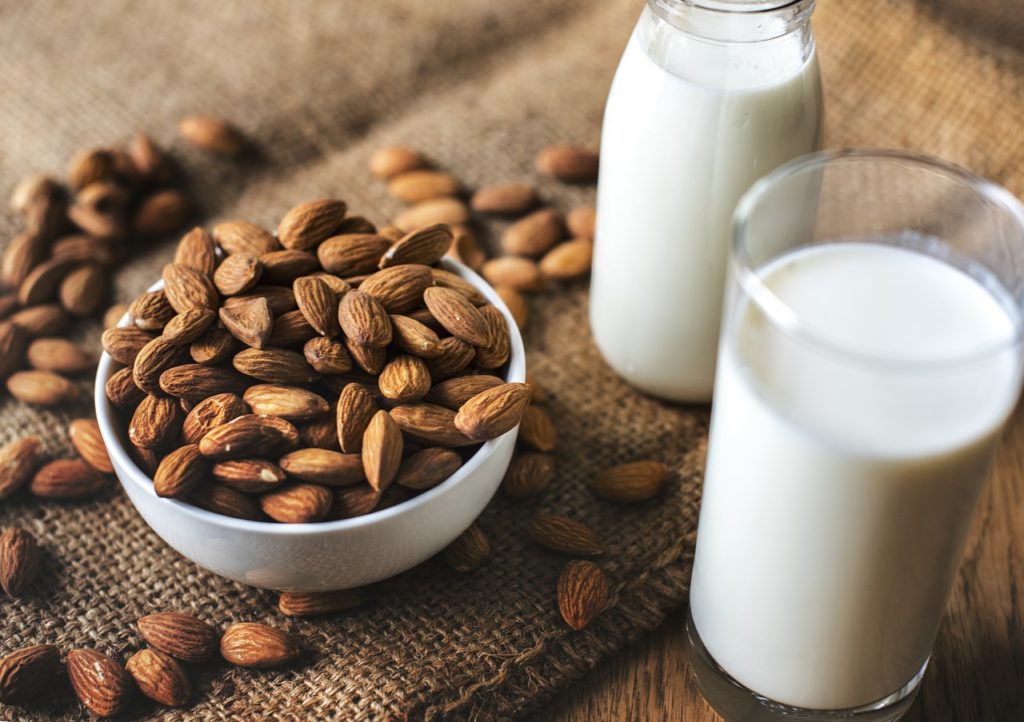How To Get The Benefits Of Dairy When You’re Lactose Intolerant
January 29 2019According to a dietitian.

Yoghurt is associated with a range of health benefits, like bone and gut health, for example. It’s also a great source of protein and contains a range of micronutrients like iodine and Vitamin B12.
But if you’re lactose intolerant, you might be wondering how you can still reap these benefits.
Well, the good news is that yoghurt is actually generally low in lactose, because the natural bacteria in yoghurt breaks down the lactose.
There are, however, other avenues towards these health benefits.
Bone health
Like all dairy, yoghurt is a great source of calcium, which plays a crucial role in the health of our bones. The good news is that you can get lactose free dairy products, so that would take first place on my list of recommendations.
If you’ve switched to a non-dairy alternative like soy or almond milk instead, be sure to pick a variety with at least 100 mg of added calcium per 100 mL to support strong bones and teeth.
You can also get calcium from foods like tinned sardines and salmon with edible bones, as the bones contain calcium. Tofu is another option, but be sure to check the nutrition panel to confirm its calcium content.
Gut health
For gut good health, you can’t go past fibre, so fill your trolley with a variety of whole-grains, legumes, fruit, veggies, nuts and seeds.
The gut health aspect of yoghurt is related to its probiotic content – the friendly bacteria we have in our guts. There is still so much unknown in the world of gut health, so it’s hard to say the exact benefits of probiotics as they are thought to be related to individual strains.
Nonetheless, you can get probiotics from non-dairy foods like sauerkraut or tempeh.
Protein
Fortunately, there are a range of protein options when bypassing the yoghurt cabinet.
Stop off at the butcher or fish market for some lean meat, poultry or seafood, which all pack a protein punch. Don’t forget a carton of eggs either, for a more economical protein option.
If plant-based is more your thing, protein is found in legumes (think chickpeas, beans and lentils), tofu, nuts and seeds as well.
Vitamins and minerals
Apart from calcium, yoghurt contains a range of nutrients.
For one, yoghurt contains iodine, which is important in metabolism and the development of our central nervous system. Not only is it found in dairy, but also bread, seafood and eggs, for example.
Another nutrient found in yoghurt is Vitamin B12, which is vital for the creation of our DNA and also for blood and nervous system function. It typically only comes from animal foods, however there are some plant-based alternatives that are fortified, so have a look at the nutrition panel.
And there you have it – how to increase your calcium, support gut health, get enough protein and boost your intake of certain micronutrients sans yoghurt and dairy altogether!
If you’re eliminating dairy (or any other food group), you should seek individualised advice from an Accredited Practising Dietitian to ensure your nutrition is adequate.
Sourced from My Body+Soul.
